Banking and financial institutions, as traditionally conservative and strictly regulated organizations, are specific when it comes to transparency and media presence, said Milan Vićentić, a member of the Executive Board of ALTA Bank, at the panel „Markets & Media – Being Transparent in a Non-Transparent World“ held in Washington at the third annual Transatlantic Leadership Network conference.
In the company of experienced international experts on media and political issues, as well as US Ambassador John Craig, Vićentić explained that the reason for this lies in the fact that banking operations are tied to a clear set of financial regulator rules, and additionally based on the trust that users show to banks, sharing their personal data and information about personal or company finances with them.
On the other hand, traditional media can have a very significant alliance with banks in order to increase financial literacy of the population and educate about personal finance management, as well as in the fight against increasingly prevalent scams in the digital world.
The one-day conference, held at the National Press Club, aimed to analyze current situations and relationships between business and media in the context of increasing needs for transparency. Media freedom, business support, as well as protection of society’s interests, are becoming imperatives of today’s media narrative. Media, including platforms where users generate content, are key allies and support for businesses today.
– There is a current change in the media scene, where traditional media is being replaced by social networks and new forms of media, where today each of us can become and start our own media channel, through, for example, podcasts or distribution of certain information. At the same time, significant changes are taking place in the financial and banking market, especially accelerated after the 2008 financial crisis, with the rapid development of fintech, neobanks, and current crypto markets. Transparency is very important in that segment, but transparency alone without responsibility, in any industry, does not make a difference by itself. Every industry should have established mechanisms and standards, both external and internal communication, to be fully transparent and able to respond to certain challenges, making the business sustainable – explained Vićentić.
Regarding the mentioned strict communication standards, Vićentić pointed out that, along with banks, perhaps pharmaceutical companies are so regulated in terms of specificity and sensitivity of communication with the media. Certainly, these industries are also changing in accordance with market needs, digitalization, and user needs, because the success of a business is determined by the speed of transformation, not necessarily the size of the business itself.
Transparency is an important postulate in the relationship between the institution and external users, as well as employees within the bank.
– As ALTA Bank, we strive to inform our employees about relevant news and events before the news is released to the media, because in this way each of our employees becomes the best ambassador of the ideas and values we want to promote – said Vićentić.
– From the perspective of banking business, the set of regulations and rules that are conditioned today and based on ESG standards, which include environmental, social, and governance components, make the bank an important player in this chain. Banks have a role in promoting funding companies with a ‘green agenda’, from reducing CO2 emissions, to responsible business, respecting personal and cultural differences of employees and all interested social and economic factors, to ethical issues – added Vićentić.
Emphasizing the need to maintain a balance between the postulates of preserving banking secrecy and transparency, Vićentić cited the example of promoting complete transparency, as in the case of Banca Etica in Italy, which published data of its credit clients to show that with its placements and choice of clients it meets the highest standards of ethical and sustainable business. There is also the question of compliance with strict GDPR rules, which means that the bank, of course, had to have written consent from all its clients before publishing. Also, the question arises of the possibility of larger banks and systems to implement something similar, as well as the desire and decision of clients whether they want such data sharing publicly.
Vićentić concluded that banks must not be inactive in communication in the age of digital media and communication.
– Because as traditional media, so social networks place a large number of information, news, and reach in the public, and if we as banks do not tell our story in a timely and transparent manner, someone else will tell it instead of us, and not necessarily in an objective and professional manner – concluded the representative of ALTA Bank in Washington.





